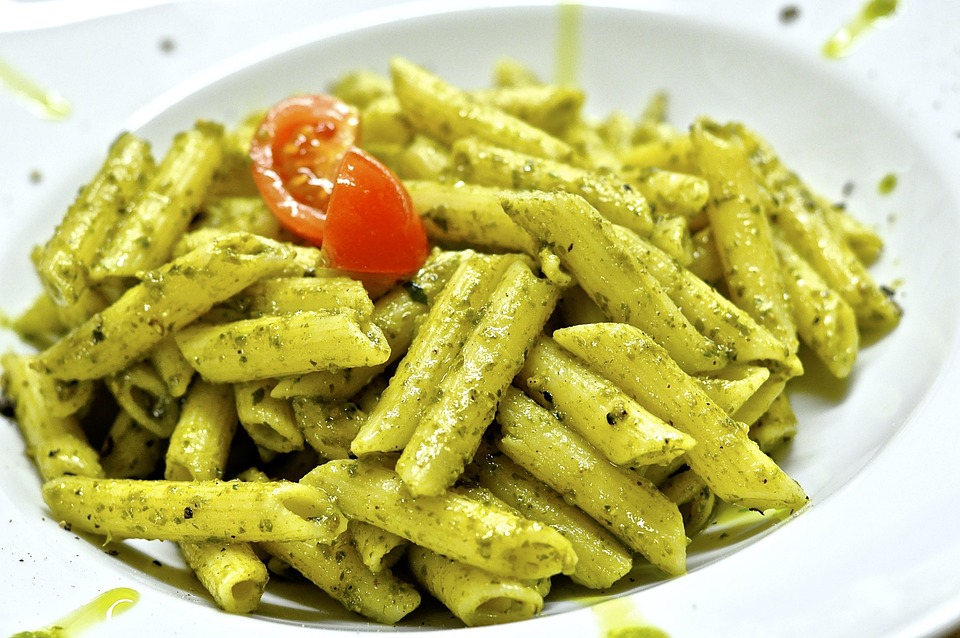You’re craving a good night’s sleep, aren’t you? The kind where you drift off effortlessly and wake up feeling refreshed and ready to conquer the day. Well, let’s talk about sleep support foods that can make this dream a reality. Food isn’t just fuel; it can be your ally in achieving the restful nights you deserve.
Contents
Why Sleep Support Foods Matter
Sleep is not a luxury; it’s a necessity. Quality sleep affects your mood, cognitive function, and overall health. But did you know that what you eat plays a significant role in how well you sleep? Certain foods can help you unwind, regulate your sleep cycles, and even promote the production of sleep-inducing hormones.
The Science Behind Sleep and Nutrition
The connection between food and sleep isn’t just a myth. Research shows that specific nutrients can influence sleep quality. For instance, foods rich in magnesium and tryptophan can help you feel more relaxed and ready for slumber. Incorporating these nutrients into your diet can create a more conducive environment for sleep, leading to deeper rest and recovery.
10 Sleep Support Foods You Need in Your Life
Let’s dive into the delicious world of sleep support foods. These aren’t just ordinary items; they are nature’s little helpers, ready to assist you in your quest for restful nights.
1. Almonds
These crunchy little gems are not just a snack; they’re a powerhouse for sleep. Almonds are rich in magnesium, which helps relax muscles and calm the mind. Just a handful before bed can set the stage for a peaceful night.
2. Kiwi
This fuzzy fruit packs a punch. Kiwi is loaded with antioxidants and serotonin, a hormone that helps regulate your sleep cycle. Studies show that eating two kiwis an hour before bedtime can help you fall asleep faster and stay asleep longer.
3. Oatmeal
Warm, comforting, and oh-so-satisfying. Oatmeal is high in melatonin, the hormone that regulates sleep-wake cycles. A bowl of oatmeal before bed can help you feel cozy and prepare your body for restful slumber.
4. Fatty Fish
Think salmon, mackerel, and sardines. Fatty fish are rich in omega-3 fatty acids and vitamin D, both of which play a role in regulating serotonin. A few servings of fatty fish a week can help improve your sleep quality significantly.
5. Cherry Juice
Love a good cherry pie? You might want to sip on some cherry juice instead. Tart cherries are a natural source of melatonin. Drinking a glass of cherry juice in the evening can help enhance your sleep duration and quality.
6. Bananas
These yellow wonders are not just for smoothies. Bananas are a fantastic source of potassium and magnesium, both of which help relax muscles. They also contain tryptophan, which your body converts into serotonin and melatonin.
7. Turkey
Ah, the classic Thanksgiving staple. Turkey is well-known for its tryptophan content, which aids in the production of sleep-inducing hormones. Incorporating turkey into your evening meals can help you wind down and prepare for rest.
8. Walnuts
Snack on walnuts to boost your sleep quality. They are a great source of omega-3 fatty acids and melatonin. A small handful can help you drift off into dreamland more smoothly.
9. Leafy Greens
Kale, spinach, and Swiss chard aren’t just great for your salad. They are rich in calcium and magnesium, nutrients that help the body relax. Adding leafy greens to your dinner can help set the mood for a restful night.
10. Honey
A drizzle of honey in your tea or on your toast can do wonders for your sleep. Honey helps to slightly raise insulin levels, allowing tryptophan to enter the brain more easily. This simple addition can be the sweet touch your nighttime routine needs.
How to Incorporate These Foods into Your Diet
Incorporating these sleep support foods into your diet doesn’t have to be complicated. Here are some easy tips to make it happen:
- Snack Wisely: Swap out late-night chips for almonds or walnuts.
- Breakfast Boost: Start your day with a bowl of oatmeal topped with banana slices.
- Smoothie Magic: Blend kiwi with spinach and a splash of cherry juice for a refreshing smoothie.
- Dinner Delights: Include fatty fish or turkey in your evening meals, paired with a side of leafy greens.
- Sweeten Up: Use honey as a natural sweetener in herbal teas before bed.
The Bottom Line
Good sleep starts with what you eat. Incorporating these sleep support foods into your nightly routine can make a world of difference. So, treat your body right, nourish it with the right ingredients, and watch as those restful nights become your new norm.
A Final Thought
You have the power to transform your sleep experience. Start small by introducing one or two of these foods into your diet, and gradually build from there. You deserve to wake up feeling rejuvenated and ready to tackle your day.
FAQ
1. Can I eat these foods during the day?
Absolutely! While they can be particularly beneficial in the evening, these foods are nutritious at any time.
2. How long before bed should I eat these foods?
Aim for 30 minutes to an hour before bed to let your body digest and enjoy the benefits.
3. Are there any foods I should avoid before bed?
Yes, try to limit caffeine and heavy, greasy foods close to bedtime, as they can disrupt sleep.
Embrace these sleep support foods and pave your way to more restful nights. You’ve got this!
Get Your FREE Natural Health Guide!
Subscribe now and receive our exclusive ebook packed with natural health tips, practical wellness advice, and easy lifestyle changes, delivered straight to your inbox.





